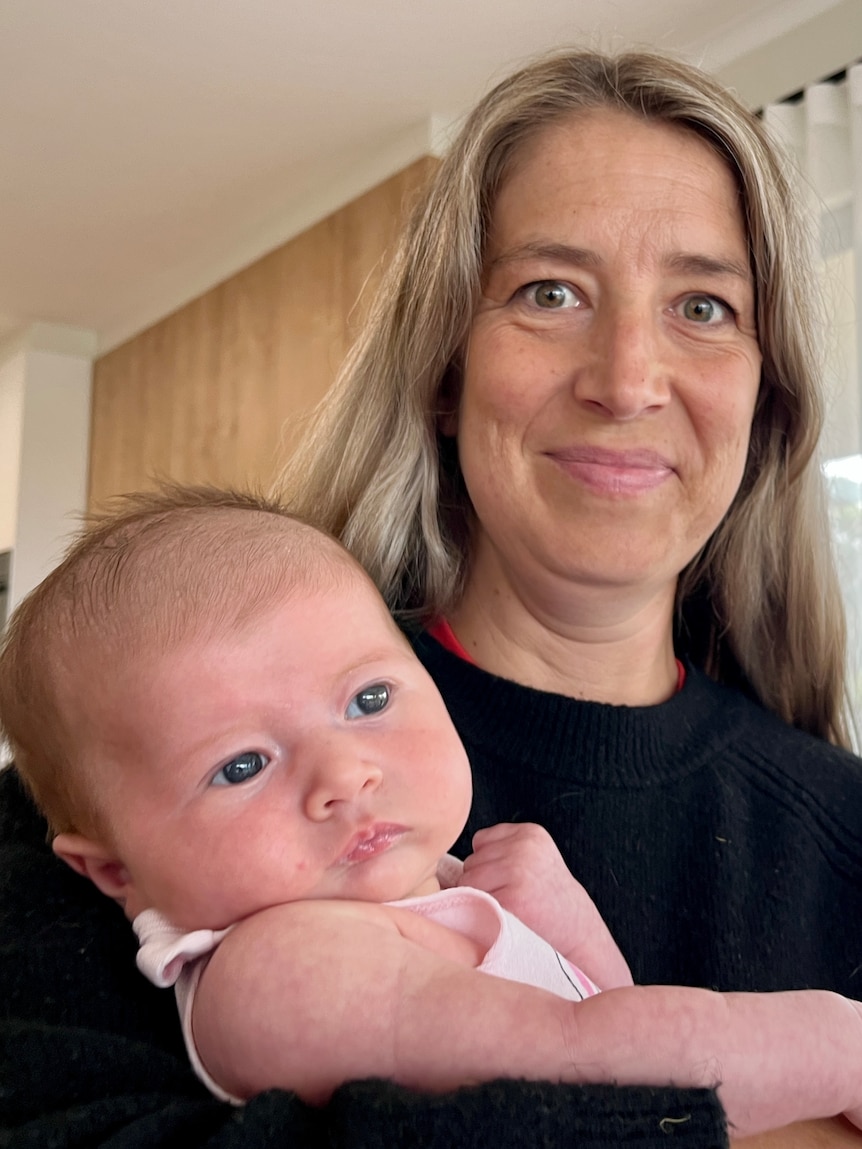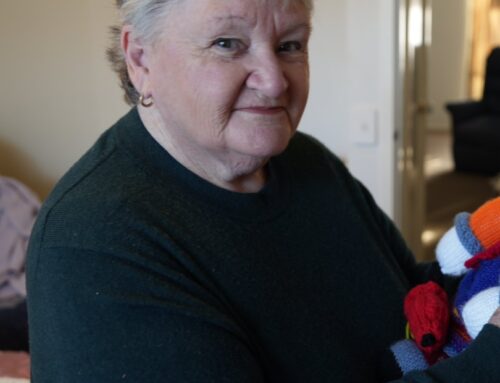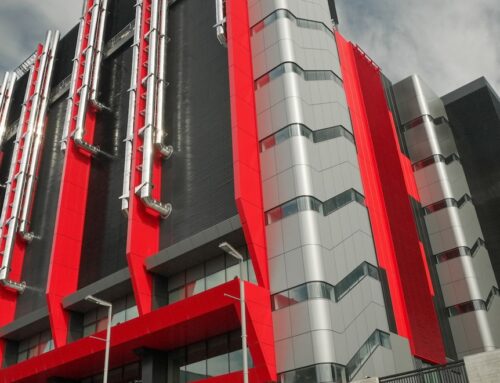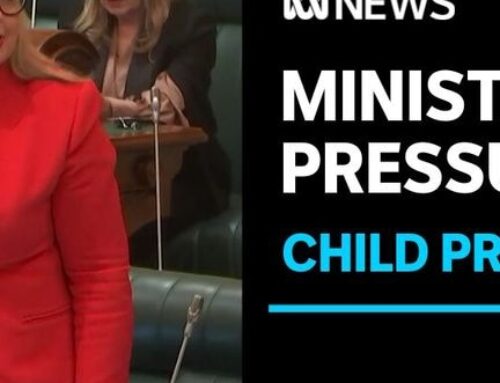When Harriet Geater-Johnson fell pregnant after 14 years of fertility treatment, she immediately put her name down with the three childcare centres on South Australia’s southern Fleurieu Peninsula.
While the teacher had been warned her region had not been spared the childcare shortage that was gripping the country, about a year on, she was shocked and dismayed to learn more than 100 families were still ahead of her on the waiting list.
With her daughter Willow now more than two months old, Ms Geater-Johnson had hoped to start planning when she could return to work at the local secondary school.
One childcare centre told her some of the parents they were now notifying of vacancies had been on their list for two years.
“What I’ve kind of drawn from that is that I’ve got no chance of getting into any of the existing centres and so it’s quite a scary situation to be in,” Ms Geater-Johnson said.
Services strained by city exodus
Traditionally an area popular with retirees, in recent years the coastal region Mrs Geater-Johnson and her family call home has seen an increase in young families due to its close proximity to Adelaide.
Now the towns of Victor Harbor, Goolwa, Middleton and Port Elliot are seeing increased demand on childcare, as well as housing and skilled workers.
Ms Geater-Johnson posted in a local Facebook group to ask for advice from other parents and was astonished to hear that some were spending hours in the car daily to access childcare in Adelaide’s southern suburbs.
“It seems kind of incomprehensible that I would have to drive to Aldinga [on the outskirts of Adelaide], a 30-to-40-minute drive each way, twice a day [to access childcare],” she said.
Fellow parent and qualified teacher Paul Bulley had planned to continue working as an educator after relocating to the Fleurieu Peninsula from the Adelaide Hills with his wife Tamara and their two children, aged 18 months and three years.
But the childcare shortage meant he needed an occupation with more flexibility, so he is currently working in retail while his wife works in healthcare.
Both his and his wife’s workplaces had been “super amazing” and flexible but the situation was challenging.
“We never realised we needed to pre-plan two years in advance to move down to Middleton,” Mr Bulley said.
“It’s a little bit like Mount Barker, where everything has grown too fast, too quickly and everything struggles.”
Mr Bulley said he remained optimistic that his family would find a solution.
“I’d love to get back into teaching. I miss it,” he said.
When Lee Darling-Bridger and partner Anna Philippou found a place after months of trying to secure a rental property in Victor Harbor, they were ecstatic.
They made the move to the seaside town earlier this year with nine-year-old Andreas, three-year-old Max and seven-month-old Isabella, and Ms Philippou started working locally as a nurse.
However, Mr Darling-Bridger, who has a background in technical communications and warehousing, is having to turn down offers of work as there are no childcare places for his younger children.
Like Ms Geater-Johnson, he has been told that there are more than 100 families ahead of him on the waitlist.
“We’ve heard that people are driving to Seaford. They’re knocking back jobs in Victor Harbor here and they’re driving to Seaford to accept jobs because there’s childcare available there,” Mr Darling-Bridger said.
“[Childcare] was the last thing we thought about [before relocating]. We were more worried about getting a house.”
A childcare desert
Federal Member for Mayo Rebekha Sharkie said she had been hearing from frustrated parents across the region, including one family who did not know how long they could survive on one income.
“I’d like to think that potentially in our region and in regions across Australia that local governments can put their hand up and look to be part of the solution to this as well,” Ms Sharkie said.
She said while childcare centres in regional areas were in the planning and construction pipeline, looking at other options such as the reasons for the “significant decline” in home-based family day care could help parents who needed immediate places.
The recent Australian Competition and Consumer Commission (ACCC) inquiry into childcare acknowledged the decline in family day care services and suggested low financial incentives, along with increasing regulatory requirements, could be responsible.
Construction of a new 80-place childcare centre in the town of Goolwa has just started and is expected to be complete late this year and operating by early 2025.
Two others are in the planning and proposal stage, along with a controversial 2,500 home housing development at the edge of town.
A spokesperson for G8 Education, operator of the World of Learning childcare centre in Victor Harbor, said waitlists were often longer in regional areas and for younger age groups, which required higher staff-to-children ratios.
Get our local newsletter, delivered free each Friday





